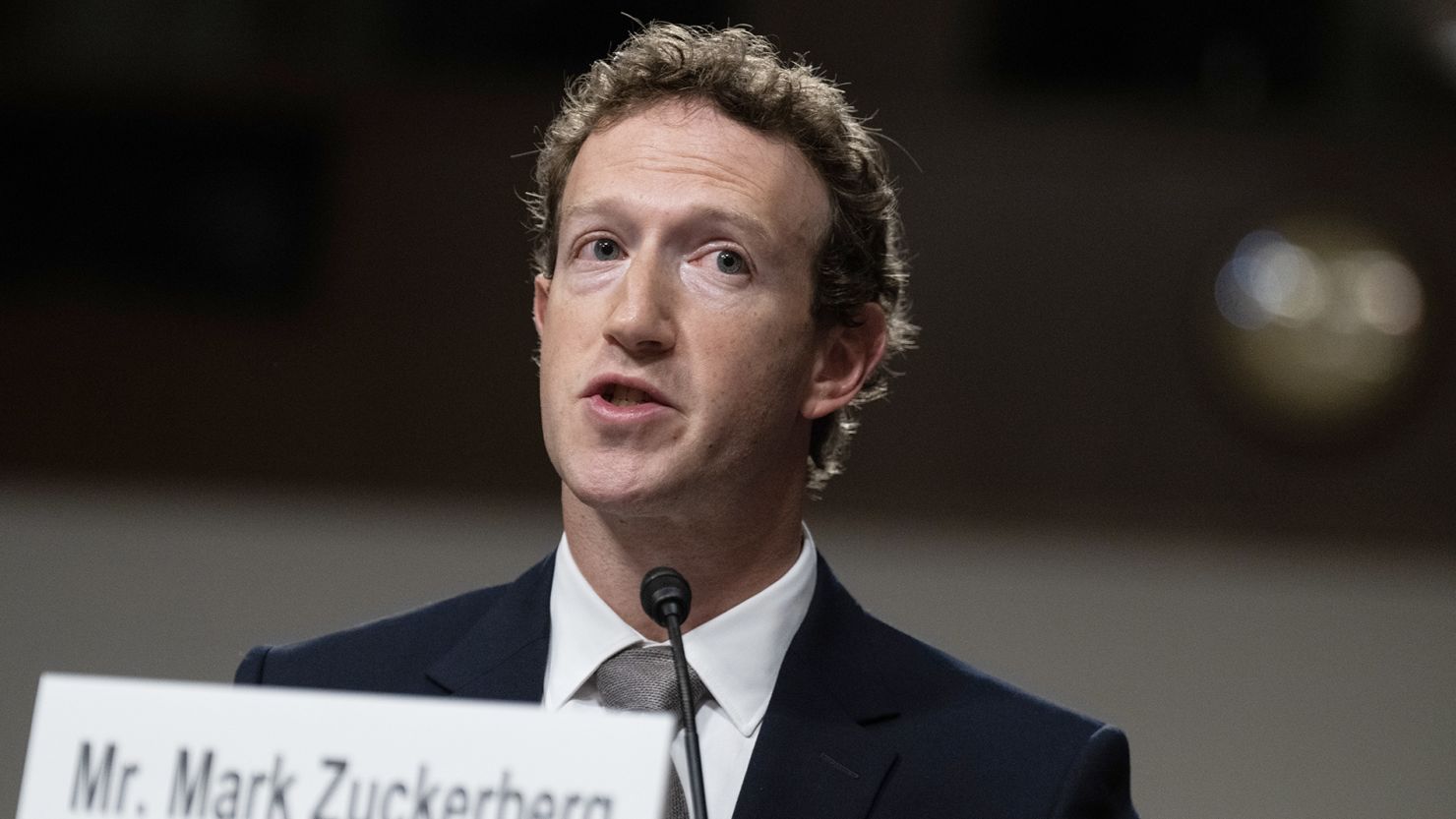
Mark Zuckerberg regrets complying with the White House’s request to censor COVID-19 content during the pandemic
Mark Zuckerberg has acknowledged that the Biden administration exerted pressure on him to censor COVID-19 content during the pandemic. He has since expressed regret for this decision.
Meta’s CEO, Mark Zuckerberg, has publicly conveyed his regret regarding the company’s content moderation practices during the COVID-19 pandemic. Zuckerberg claimed in a letter to Jim Jordan, the chair of the House judiciary committee, that senior officials from the Biden administration, including the White House, exerted pressure on Meta to “censor” specific COVID-19 content on Facebook and Instagram in 2021.
Content moderation on online platforms has been the subject of an inquiry by the House judiciary committee. The letter was deemed a “significant victory for free speech” by Republicans.
Zuckerberg addressed the covid content by stating, “In 2021, senior officials from the Biden administration, including the White House, repeatedly pressured our teams for months to censor certain Covid-19 content, including humour and satire.” With the benefit of retrospect and new information, we would not make certain decisions today. I am of the opinion that the government’s pressure was unwarranted, and I lament that we were not more vocal about it.
He also stated that Meta would be prepared to “push back” against comparable duress in the future.
The White House defended its actions, asserting that it promoted “responsible actions to protect public health and safety.” The White House issued a statement to the website Politico in which it stated, “Our stance has been unambiguous and consistent: we are of the opinion that tech companies and other private actors should consider the impact of their actions on the American people, while also making independent decisions regarding the information they provide.”
In 2020, Zuckerberg also addressed the contentious treatment of a New York Post article regarding Hunter Biden’s laptop. He acknowledged that Meta momentarily “demoted” content related to the story after the FBI issued a warning about a potential Russian disinformation operation. Zuckerberg acknowledged that the company should not have demoted the story in retrospect, and that the company has since modified its policies to prevent similar incidents.
Zuckerberg’s remarks regarding Hunter Biden pertain to the narrative of a laptop that was abandoned by the president’s son at a Delaware repair shop, as initially reported by the New York Post. The newspaper asserted that emails discovered on the computer indicated that his business operations abroad had influenced US foreign policy during his father’s tenure as vice president. Nevertheless, the president and his family have refuted any wrongdoing. The story was a significant topic of discussion among the right-wing in the United States, and it caused controversy when certain social media platforms censored the content.
Additionally, the Meta CEO declared that he would cease to provide additional financial support for electoral infrastructure. To assist government offices in conducting elections during the pandemic, Zuckerberg donated $400 million through his Chan Zuckerberg Initiative in 2020. Nevertheless, this donation prompted allegations of partisan interference, despite Zuckerberg’s assertion that it was “intended to be non-partisan.”
Zuckerberg declared, “I do not intend to make a similar contribution this cycle; my objective is to remain neutral and avoid any form of involvement, including the appearance of involvement.”
These revelations have reignited discussions regarding the role of social media platforms in content moderation, the impact of government pressure on technology companies, and the delicate balance between the preservation of free expression and the protection of public health. The tech industry’s management of political content and its interactions with government officials are expected to continue to be the subject of intensive scrutiny as the 2024 US presidential election approaches.
All Categories
Recent Posts
Tags
+13162306000
zoneyetu@yahoo.com



